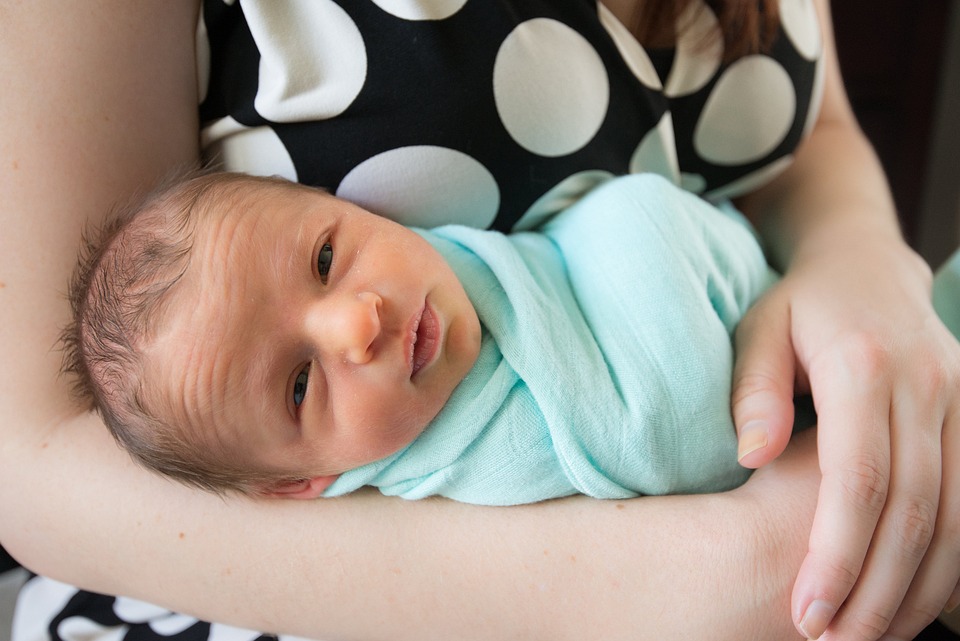The Evolution of Motherhood in Feminist Literature
Introduction
Motherhood has long been a central theme in literature, but the way it has been portrayed in feminist literature has evolved significantly over the years. In traditional literature, motherhood was often idealized as the ultimate fulfillment for women, emphasizing sacrifice, selflessness, and unconditional love. However, feminist writers have challenged this idealized portrayal of motherhood, critiquing the ways in which women are often forced into traditional gender roles and limited by societal expectations.
The Early Years of Feminist Literature
In the early years of feminist literature, motherhood was often viewed as a form of oppression. Writers such as Virginia Woolf and Simone de Beauvoir critiqued the societal expectations placed on women to be wives and mothers, arguing that these roles limited women’s autonomy and hindered their personal and intellectual growth. These writers highlighted the ways in which motherhood was used as a means of control and subjugation, reinforcing patriarchal power structures.
Redefining Motherhood
As feminist literature evolved, so too did the portrayal of motherhood. Writers began to challenge the narrow definitions of motherhood that had been perpetuated for centuries, presenting a more complex and nuanced view of maternal experience. Instead of portraying motherhood as a one-dimensional experience of unconditional love and sacrifice, feminist writers began to explore the ambivalence, conflicts, and challenges that often accompany motherhood.
Intersectionality and Motherhood
Intersectional feminism has played a key role in expanding the representation of motherhood in literature. Writers such as Audre Lorde, bell hooks, and Gloria Anzaldúa have highlighted the ways in which race, class, sexuality, and other intersecting identities shape women’s experiences of motherhood. These writers have emphasized the importance of recognizing the diverse range of mothering experiences and challenging the white, middle-class, heteronormative narratives that have historically dominated discussions of motherhood.
Motherhood as a Site of Resistance
In contemporary feminist literature, motherhood is often portrayed as a site of resistance and empowerment. Writers such as Chimamanda Ngozi Adichie, Celeste Ng, and Jesmyn Ward have explored the ways in which motherhood can be a source of strength, resilience, and agency for women. These writers have depicted mothers who defy societal norms, challenge gender stereotypes, and assert their own identities and desires. They have highlighted the ways in which motherhood can be a powerful avenue for social change and transformation.
Challenges and Contradictions
Despite the progress that has been made in representing motherhood in feminist literature, challenges and contradictions remain. Many feminist writers continue to grapple with the tensions between individual autonomy and maternal responsibilities, the competing demands of work and family, and the conflicting expectations placed on women as mothers. These writers acknowledge the complexities and contradictions inherent in motherhood, challenging simplistic portrayals of motherhood as either liberating or oppressive.
Conclusion
The evolution of motherhood in feminist literature reflects the broader shifts in feminist thought and activism over the years. From critiquing the oppressive nature of traditional gender roles to celebrating the diverse experiences and identities of mothers, feminist writers have expanded the possibilities for how motherhood is understood and represented in literature. By challenging stereotypes, embracing intersectionality, and highlighting the complexities of maternal experience, feminist literature has enriched our understanding of motherhood and paved the way for more inclusive and empowering representations of women’s lives.
